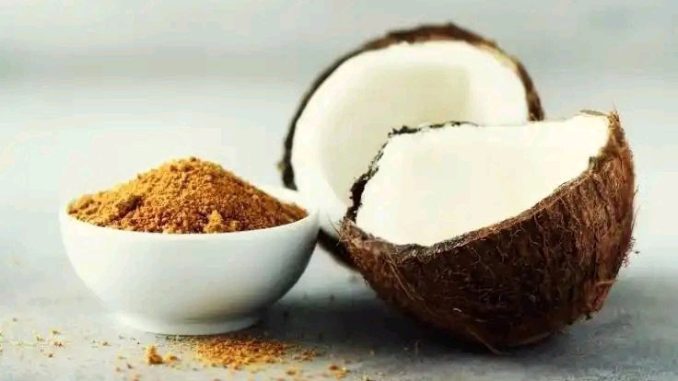
1. Stevia:
Stevia is a natural sweetener that comes from the leaves of the Stevia Rebaudiana plant. It is incredibly sweet, with a potency approximately 200-300 times that of white sugar, meaning you can use less of it to achieve the same level of sweetness. Furthermore, stevia has a low glycemic index, meaning it does not significantly influence blood sugar levels. It is a fantastic option for those with diabetes or those seeking to maintain stable blood sugar levels. You can find stevia in both powder and liquid form, making it versatile for use in drinks, baking, and cooking.
2. Erythritol:
Erythritol is a sugar alcohol that occurs naturally in certain fruits and fermented foods. It has a similar taste to sugar without the calories and blood sugar-spiking effects. Erythritol is absorbed into the bloodstream but is then excreted through urine without being metabolized. It provides a sweet flavor with no guilty consequences, making it an excellent choice for those conscious of their blood sugar levels and calorie intake. Erythritol can be used in baking and cooking as a one-to-one replacement for sugar.
3. Xylitol:
Like erythritol, xylitol is also a sugar alcohol and a common natural sweetener. It is found in various fruits and vegetables and has a similar taste and sweetness level to sugar. Xylitol has minimal effects on blood sugar levels as it is absorbed at a slower rate than sugar, making it a safer alternative for individuals with diabetes or those seeking to manage their blood sugar. This sweetener also possesses antibacterial properties, helping to fight against harmful dental bacteria and promote oral health. Xylitol can be used in baking, coffee, tea, and other beverages, offering a healthy alternative to traditional sugar.
4. Monk Fruit Extract:
Monk fruit extract, also known as Luo Han Guo, is derived from the monk fruit, a small green melon-like fruit native to Southeast Asia. It contains naturally occurring antioxidants called mogrosides that provide a sweet taste without increasing blood sugar levels. Monk fruit extract is 100-250 times sweeter than sugar, so a little goes a long way. It is a popular natural sweetener in beverages, desserts, and baked goods. Monk fruit extract does not have a bitter aftertaste like some artificial sweeteners, making it a preferred option for those seeking a natural alternative to sugar.
5. Coconut Sugar:
Coconut sugar is derived from the sap of coconut palm trees. Although it contains the same number of calories as table sugar, coconut sugar ranks significantly lower on the glycemic index. It also contains small amounts of fiber and nutrients such as iron, zinc, and potassium. The lower glycemic impact of coconut sugar means it does not cause blood sugar levels to spike as dramatically as white sugar does. Coconut sugar can be used in a one-to-one ratio as a substitute for white sugar in cooking, baking, and beverages, lending a subtle caramel-like flavor to dishes.
6. Maple Syrup:
Maple syrup is a natural sweetener made from the sap of maple trees. It is higher in antioxidants and minerals compared to white sugar, providing some health benefits. While maple syrup does contain sugar, it ranks lower on the glycemic index compared to refined sugar. It has a unique flavor profile, with a rich, earthy taste that complements various dishes. Maple syrup is an excellent alternative sweetener for pancakes, waffles, oatmeal, and even as a sweetener in salad dressings, marinades, and baked goods.
7. Raw Honey:
Raw honey is a natural sweetener that has been used for centuries. It is produced by bees from the nectar of flowers and contains enzymes, antioxidants, and small amounts of vitamins and minerals. Although honey does contain sugar, it also has a low glycemic index, meaning it has a minimal impact on blood sugar levels when consumed in moderation. You can use raw honey to sweeten beverages like tea, as a topping for yogurt or oatmeal, or in baking and cooking…..See More
A Look Into Medical Problems That Can Cause Inability to Fall Asleep

Leave a Reply